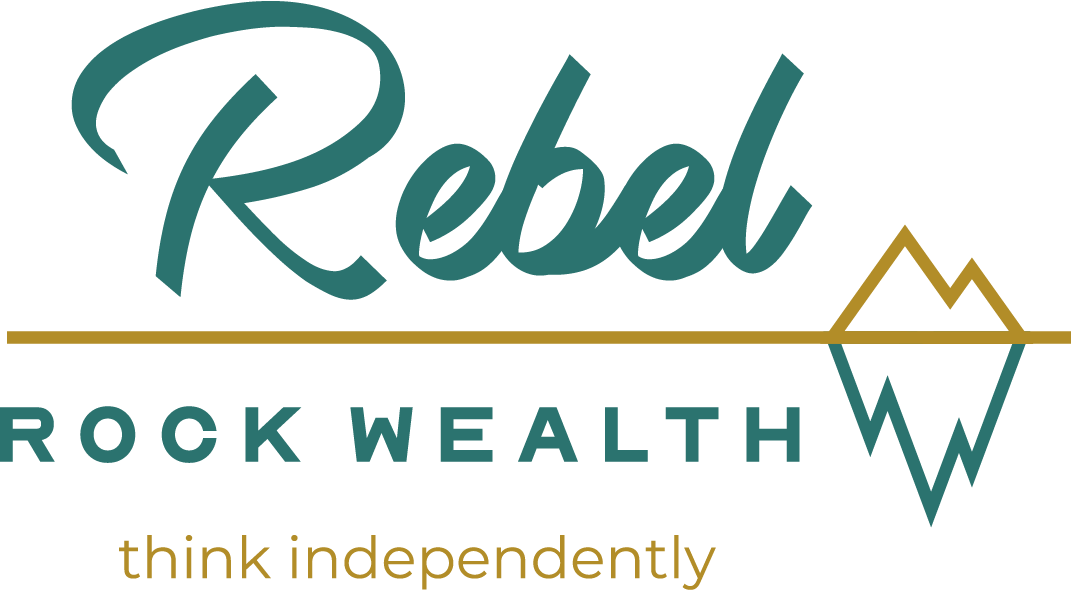You Are Being Deceived About the Benefits of the 401K
From the time I entered the workforce, I was told to sock money away into my 401K plan. Contribute as much as I can afford up to the annual limit. Before I was a consultant, I qualified for employer match so it seemed like free additional money. Because I heard it from HR, on TV commercials, financial ‘gurus’, money magazines, my bank and pretty much anyone I talked to for advice.
It made sense to me (sort of). I don’t have to pay income taxes on my earnings today. I can wait and pay them later in my retirement years when my annual income will be less and therefore my income tax rate will be lower so I would pay less to the IRS. Even when I started my own company, my CPA encouraged me to open a 401K so I could continue contributing to my retirement with the same benefits as when I was an employee.
Sounds good in theory but I hated that my money was locked away and I couldn’t easily access it. If I wanted to actually withdraw it, I would have to pay a penalty plus income taxes. If I wanted to borrow from it, there were limits to how much and strict rules about paying it back.
I think over what bothered me the most over the years is that although my money did grow, it seemed like a trickle despite selecting funds that were showing decent and sometimes double-digit returns. I feel like I never saw that reflected on my quarterly and annual statements.
Things simply were not adding up to the hype and benefits I continued to hear.
Fees erode your wealth
It might seem hard to believe but like most everything else I teach my clients: the numbers don’t lie. It’s fine to hear advice from ‘an expert’ and it makes sense to believe things when practically everyone is telling you the same thing BUT do the math and understand the truth about government/qualified plans. Don’t just follow the herd. The hidden fees of qualified plans like the 401K significantly decrease your net earnings. Most people do not even know or understand what fees they pay.
Not paying taxes today sounds and feels good at the time but when you think about it, the money you contribute grows over the period of decades in many cases. For really active savers, they might have one or more 401K accounts that they contribute to over the course of 40+ years! If you stop to think about it, even if a person contributes for 5 years and never contributes another dime for 35 years, the balance is going to grow assuming they have their investments in average performing funds. For example, if you contribute $25,000 and let that sit for 35 years your account balance can grow to $287,654 if you average a 7% return per year!
This means that if your income tax rate was 25% when you were contributing, you might have paid $6,250 to the IRS. (the seed)
If your tax rate drops to 15% at retirement and wanted to withdraw all of your money 35 years later, you could pay $43,148 to the IRS. (the harvest)
You would pay even more taxes the longer you leave your money growing in your 401K account
Will you be able to save enough?
Social Security will be insolvent in less than 20 years. If you are not yet receiving social security checks, don’t count on having too much (if any) available when you reach retirement age. If you have only been saving in a 401K plan, you likely might not have enough to live off of through your 80s, 90s and for more and more people, your 100s! I realize most people have a brokerage account and savings in CDs or banks to supplement their income but I caution that these are also taxable and the cost of living continues to go up. One of the most unfortunate facts is that an increasing number of parents are putting savings towards their children’s future education instead of their own retirement. They will never get that time back that they could have been growing their money for their future.
If you would like a FREE analysis of your personal retirement savings strategy, simply schedule a consultation where I can show you in less than 15 minutes how well your 401K plan is working for you, and show you an alternative to government-sponsored plans.


